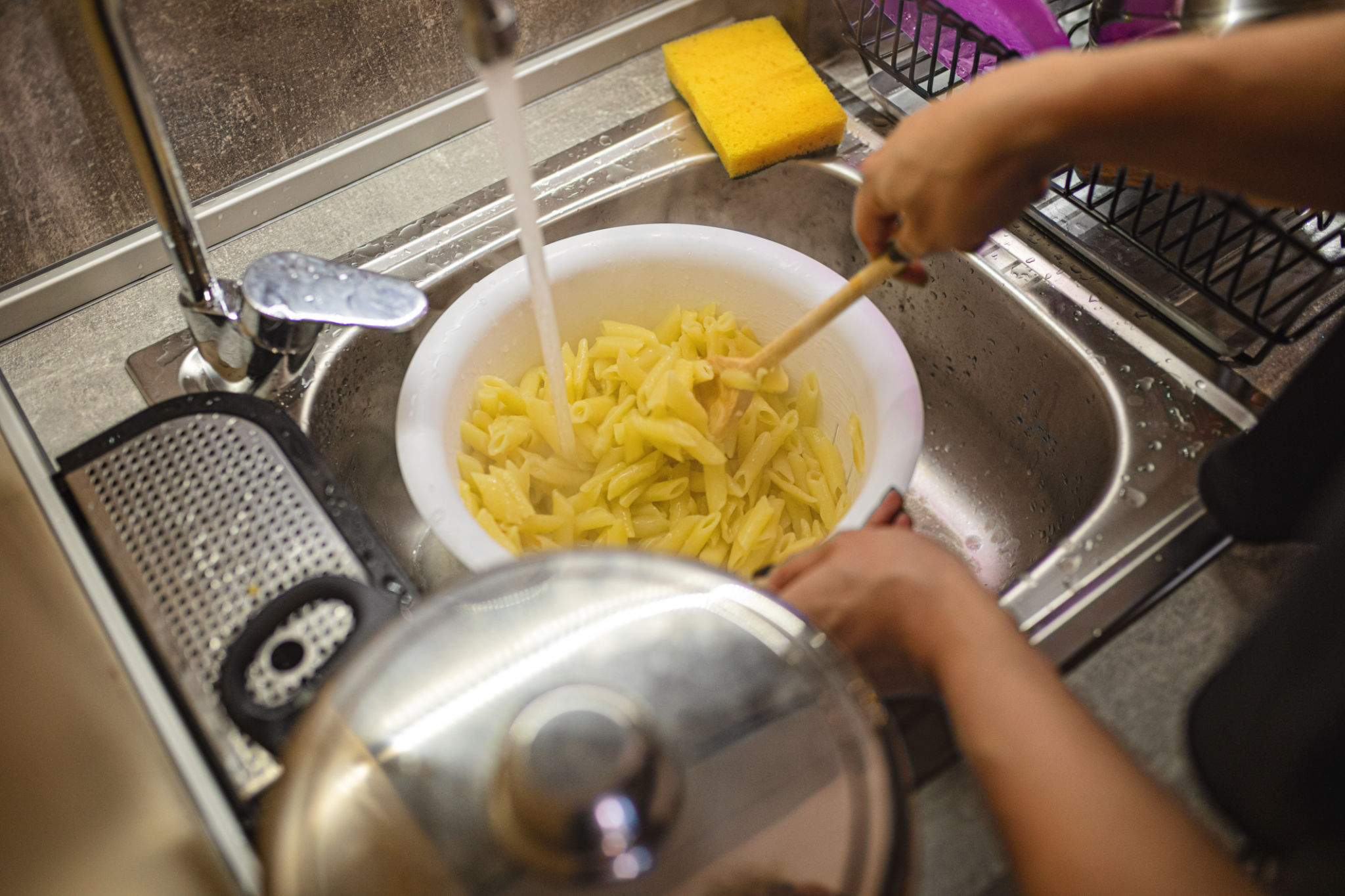Debunking Common Myths About Pasta Making
Introduction to Pasta Making Myths
Pasta, a staple in many kitchens around the world, is often surrounded by myths and misconceptions. While some of these are harmless, others can hinder your pasta-making prowess. Let's dive into some of the most common myths and set the record straight.
Myth 1: Fresh Pasta Is Always Better Than Dried
One of the biggest misconceptions is that fresh pasta is inherently superior to dried pasta. In reality, both have their unique qualities and uses. Fresh pasta is often made with eggs and has a delicate texture, making it perfect for dishes with lighter sauces. On the other hand, dried pasta, made from semolina flour and water, can hold up well to heartier sauces due to its firm texture.

Myth 2: Adding Oil to Boiling Water Prevents Sticking
A widely believed myth is that adding oil to your pasta water will prevent the noodles from sticking together. However, this is largely ineffective and can even hinder the sauce from adhering to the pasta. The key to preventing sticking is using plenty of water and stirring the pasta occasionally during cooking.
Why Oil Isn't Necessary
When you add oil to boiling water, it tends to float on the surface rather than mixing with the pasta. Instead of using oil, focus on maintaining a rolling boil and stirring your pasta frequently. These practices ensure even cooking and separation of the strands.

Myth 3: Rinsing Pasta After Cooking Is Essential
Rinsing pasta after cooking is a practice that many believe is necessary to stop the cooking process or remove excess starch. However, rinsing washes away the starch that helps sauces cling to the pasta, resulting in a less cohesive dish.
When Rinsing Might Be Appropriate
The only time rinsing pasta is advisable is when you're preparing a cold pasta salad. In this case, rinsing helps cool down the pasta quickly and remove excess starch that could cause clumping when chilled.

Myth 4: Salt in Pasta Water Should Be Avoided
Some people worry about adding salt to their pasta water due to health concerns or fear of over-salting. However, seasoning your pasta water is crucial for flavor enhancement. The water should taste like the sea, imparting the right level of seasoning to the pasta.
The Importance of Salt
Salt not only enhances flavor but also impacts the texture of the pasta by helping it cook evenly. So, don't skip this step if you want perfectly seasoned and textured pasta every time.
Conclusion: Embrace the Truths of Pasta Making
By debunking these common myths about pasta making, you can improve your culinary skills and enjoy better-tasting dishes. Remember, both fresh and dried pastas have their place in your kitchen, avoid unnecessary oils, resist rinsing unless necessary, and never underestimate the power of a well-salted pot of boiling water. Happy cooking!
